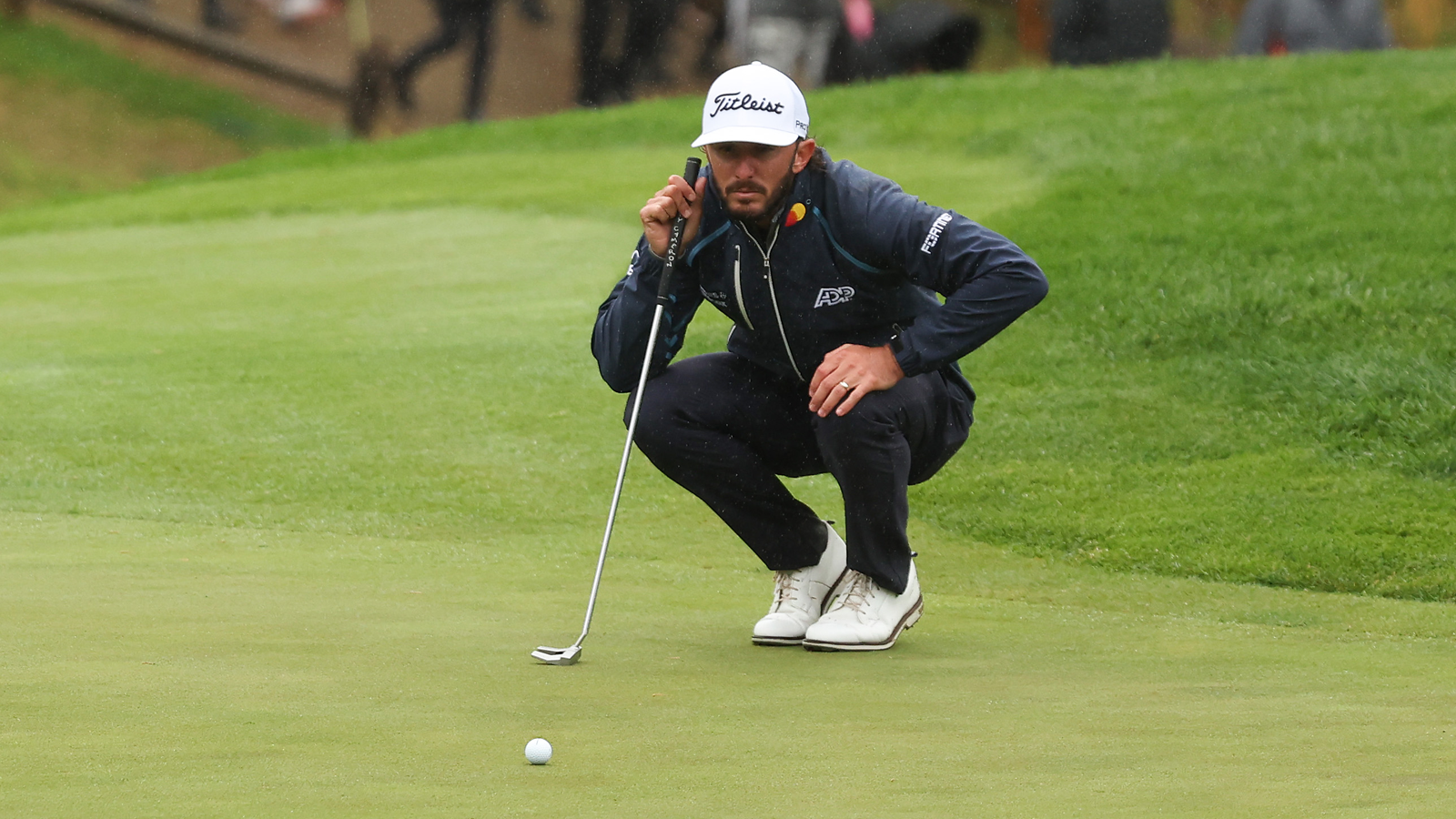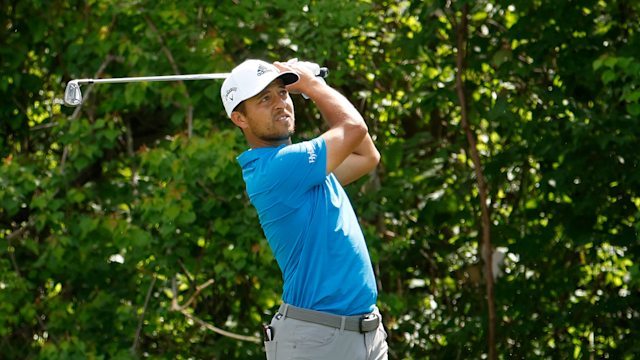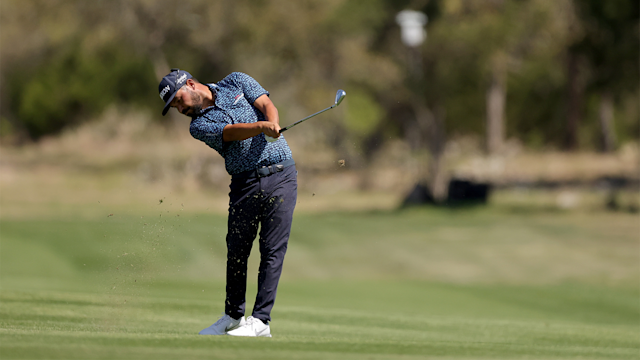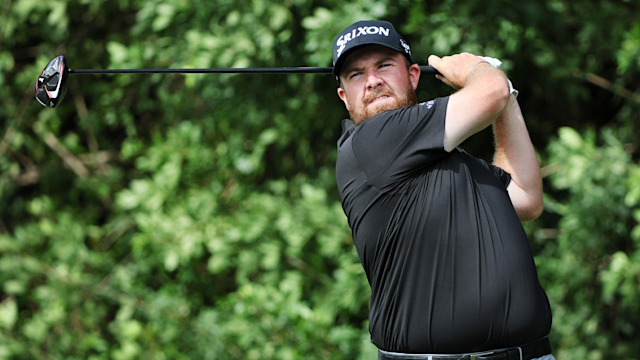quick coaching
The Art of Patience in Golf
By Brendon Elliott, PGA
Published on

Max Homa of the United States lines up a putt on the ninth green during the third round of the Wells Fargo Championship at TPC Potomac Clubhouse.Getty Images
When we look at days like the last two at the PGA Tour’s Wells Fargo Championship, where the weather has been less than desirable, we know the following to be true: the players that can be the most patient will inevitably be the same ones setting themselves up for success come Sunday.
I could pose that question to you in general, life terms, or in relation to how you conduct yourself on the golf course, or on the practice tee, or as you make your way through a series of lessons. The answer for some may be the same both on and off the golf course: I am a very impatient person, or, I am a very patient one. For others, and in my estimation, this includes most of us, it is a mixed bag. You find yourself being patient in some aspects of your life and not others.
Golf is an inherently maddening game. It can test those that are the most patient people in seemingly all other aspects of their lives.
“Patience is an important characteristic that enables you to negotiate a shot properly and also perform your best over an entire round. The loss of patience can be the difference between scoring well and not scoring well.”- David Breslow, World renowned performance coach
Regardless of where your golf game is, you need to learn to exercise the ability to stay patient. Whether you are a world-class golfer, a brand-new adult player or a highly competitive junior, you need to learn to be patient in this game. If you don’t, it is very, very hard to imagine that you will have any kind of real, and lasting success playing.
Golf is a journey. PGA and LPGA Tour Professionals will be some of the first to tell you so. The journey could be something short term, like a single tournament, round, hole or even shot. The journey could be broken down into a singular goal, like trying to break 100, 90, 80, or par. The journey could be working on just getting the ball airborne if you are a newbie or learning how to reduce your total number of putts in a round. The journey could consist of countless different things, many of which could be happening simultaneously as you learn and play the game.
One thing I stress constantly to the juniors I coach is this: you must have trust. Trust in me, as your coach, trust in the process of improvement or achieving goals and most importantly, trust in yourself.
One thing I stress constantly to the juniors I coach is this: you must have trust. Trust in me, as your coach, trust in the process of improvement or achieving goals and most importantly, trust in yourself.
Over the years I have learned that some of the most important things required in a student building trust in me, and me with them, are the following:
- Think in terms of building a long-term relationship (could be the coach-student relationship, or even your relationship with the game of golf itself)
- Be honest (again, with each other in a coach-student relationship, or with yourself in general)
- Communicate effectively (Critical in a coach-student relationship and critical for long term improvement)
- Let your guard down a little (nothing is more important than being a little vulnerable in order to improve at something)
- Stay committed (As I said before, golf is a journey and that requires a commitment)
Learning to have more trust, as laid out above, can help you become a more patient golfer.
When we see the best in the world put to the test, we see the art of being patient on full display. Watching them may be a great time to self-reflect and ask ourselves, “How patient am I, with my game?"






